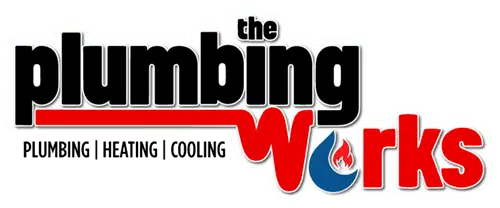When you’re looking for a new water heater, it can be a challenge to figure out all the different types available and which ones are best for your home. With such a wide variety of modern models available, it’s crucial to come equipped with the knowledge of the right options instead of leaving it up to chance.
There are basically five primary types of water heaters: conventional, tankless, heat pump, solar, and condensing. Each of these is designed with its own technological innovations and energy efficiencies, so it’s advantageous to understand the differences between each to make an informed decision.
Let’s dig a little deeper into what makes each type different and useful so you can get a better idea of what to search for in a new water heater for your home.
Traditional Water Heater Tank
A typical tank water heater contains a substantial amount of water, keeping it hot until used, then sending through the pipes on demand. New cold water then enters the tank to refill it as the hot water gets drained so the cold can be heated and stored for when it’s needed again. Storage water heaters can be powered by gas, electricity or a mix. Natural gas water heaters cost more than electric water heaters and professional installation is usually the best route, which can keep adding to the price. But with a natural gas water heater, it will generally use 10 percent less energy than electric, which means you still save more annually. The average tank water heater is designed to work for about 10- to 15-years.
Benefits:
- Simpler to maintain and fix.
- Cheaper than tankless water heaters.
- No hassle to replace.
Downsides:
- Requires more energy than other water heaters; in cold weather, energy consumption is boosted even more.
- Needs a substantial amount of space inside.
- Chance of flooding if the tank breaks down.
Tankless Water Heaters
Tankless gas and electric water heaters are often called instantaneous or on-demand models. Instead of using a storage tank, the water runs through a coil system that heats it whenever needed. Tankless water heaters are evaluated by the gallons per minute they can produce, and the average life span is 20 to 25 years.
Benefits:
- Smaller, so it doesn’t need much space to install.
- Heats water instantly; hot supply is steady.
- Saves on energy bills.
Downsides:
- Pricier upfront cost.
- Might need upgraded electrical systems for older homes.
- Big houses may need more than one model.
Point of Use Models
A point of use (POU) hot water heater is designed to be small, and it is installed near the fixture it will send water to. A point of use model, whether tank or tankless, is a great choice to increase hot water in an area that is not near the central water heating unit. It is also a good option as a backup system in the home when the primary system is electric or gas. POU systems are usually considered insufficient to use as a backup for a solar-powered water heater.
Benefits:
- A POU system can save energy
- letting you decrease the temperature setting on a central tank water heater
- POU water heaters are a popular choice for hot tubs, home additions, extra bathrooms
Downsides:
- Not great as a primary water heater for big homes
- Small, only heats the fixture it’s connected to
Smart Water Heaters
An innovative smart water heater can work as a tankless system or a thermostat that operates simultaneously with your current water heater. The smart water heater connects to Wi-Fi to give the water heater a wide range of desirable features.
Benefits:
- Monitors and changes temperature for more efficient energy use.
- Offers leak detection notifications to reduce water damage.
- Cycles water temperatures to eliminate bacteria within the water heater.
Downsides:
- The majority of units need professional installation.
- Smart tech does increase the overall cost of the heater.
For all your water heater maintenance, replacement, and repair needs, The Plumbing Works is dedicated to support you! Make an appointment with a The Plumbing Works professional today to keep your water heater running strong or to find the perfect new model for your needs.

